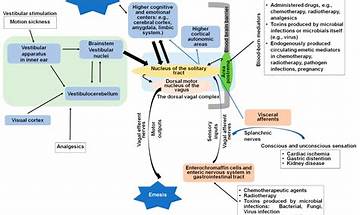There is hope for fighting malaria! ! !

Scientists are studying ways to prevent mosquitoes from spreading malaria in a laboratory in Spain.
Scientists have discovered a naturally occurring bacterial strain that can help prevent malaria from spreading from mosquitoes to humans. Its security in the real world is being evaluated.
Researchers say this bacterium may become a new tool to fight the world's oldest disease (malaria).
Scientists at a research institute run by GSK Pharmaceutical Company in Spain are noticing that a group of mosquitoes used for drug development no longer carry malaria. Dr Janneth Rodrigues, the project leader, said: "The infection rate of mosquitoes began to decline, and by the end of the year, mosquitoes were no longer infected by malaria parasites."
The research team froze the samples of the 2014 experiment and returned to the research team two years later to explore what happened.
Further research found that a specific bacterial strain named TC1 naturally exists in the environment, which can prevent the development of plasmodium in mosquito intestines. "Once it is parasitic on mosquitoes, it will last a lifetime," said Dr Rodrigues. "We found that it was this bacterium that reduced the spread of these mosquitoes.
According to new data published in Science magazine, this bacterium can reduce the number of mosquitoes' parasites by as much as 73%.
This bacterium works by secreting a small molecule called Harman, which inhibits the early growth stage of plasmodium in mosquito intestines.
In collaboration with Johns Hopkins University, GlaxoSmithKline scientists found that hamane can be taken orally by mosquitoes by mixing with sugar, and can also be absorbed through its cuticle when it comes into contact.
This opens up the possibility of treating the surface of insect resting areas with active compounds.
End malaria
Now more experiments are conducted in MosquitoSphere, a closed field research facility in Burkina Faso, to evaluate the scale effect and safety of using harmane in the real world.
It is hoped that by developing this bacterial-based intervention into a product, scientists will soon have another tool to fight one of the oldest diseases in the world.
Malaria kills about 620,000 people every year, usually children under five. Vaccines have been developed, but they are still in the early stage in Africa. "
Gareth Jenkins of the charity "Malaria No More" said that this new discovery is promising. "
"Malaria kills a child every minute. Significant progress has been made in reducing the global malaria burden, but in order to get back on track, we need new and innovative tools. "
"With strong innovation channels, we may end the threat of malaria in our lifetime."
Declaration: All article resources on this website, unless otherwise specified or labeled, are collected from online resources. If the content on this website infringes on the legitimate rights and interests of the original author, you can contact this website to delete it.






